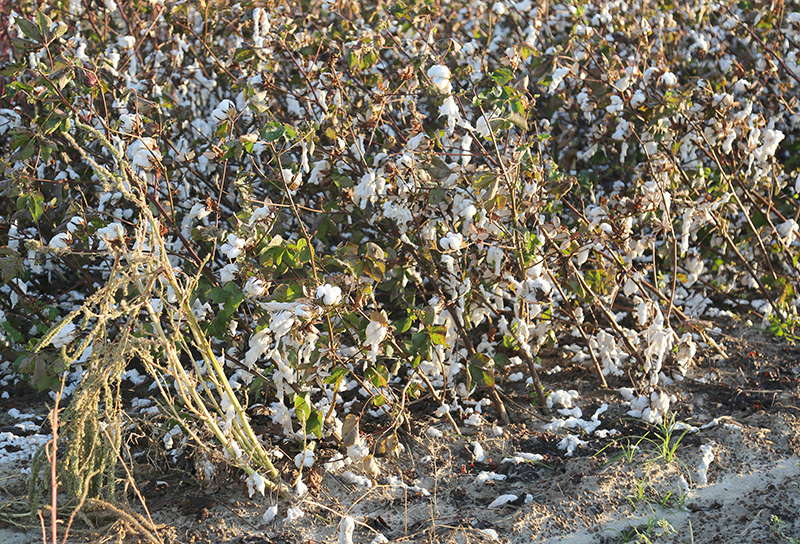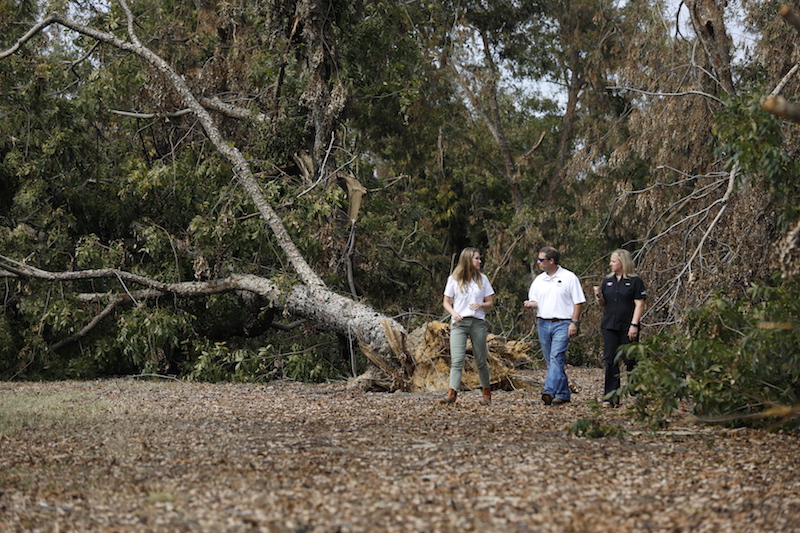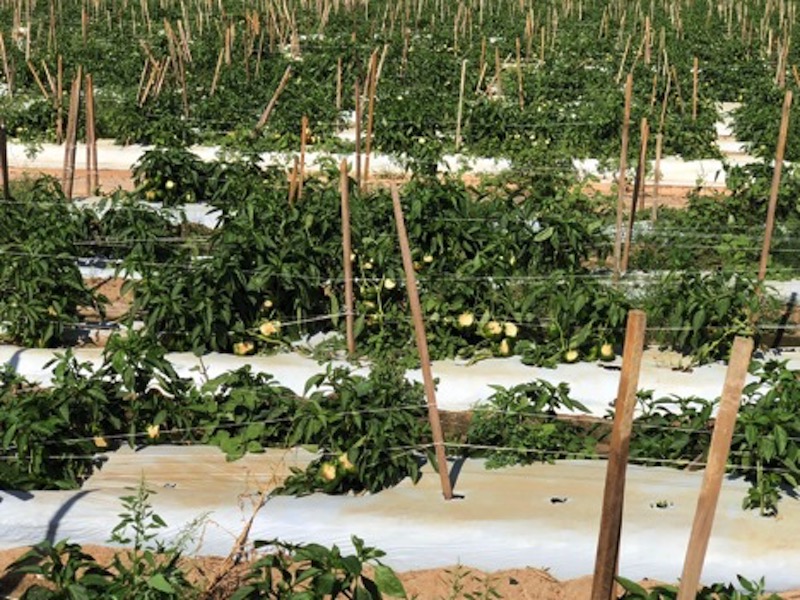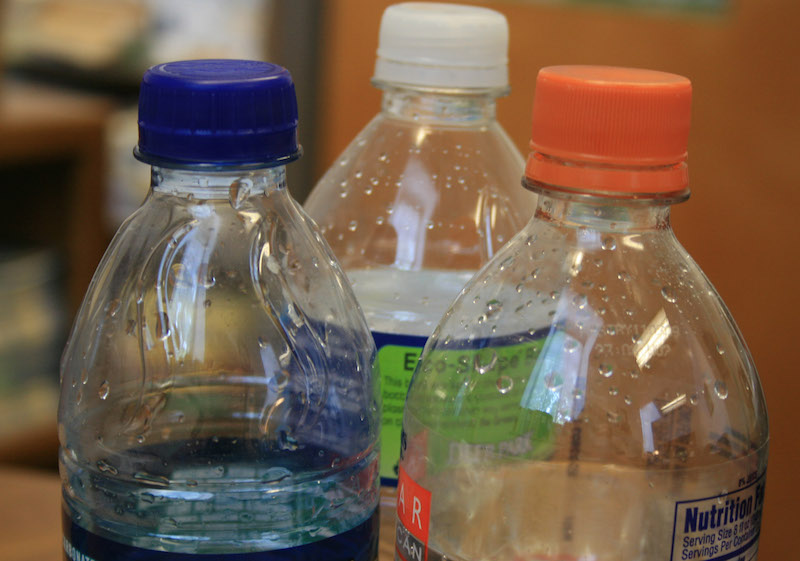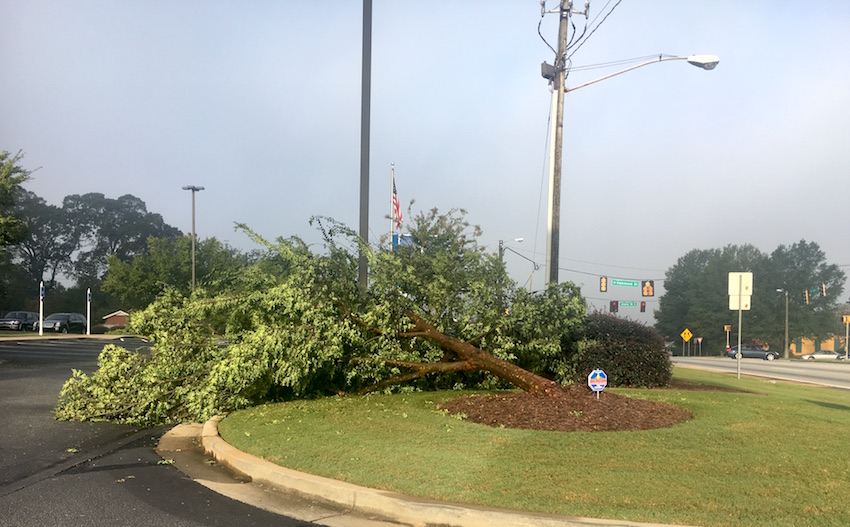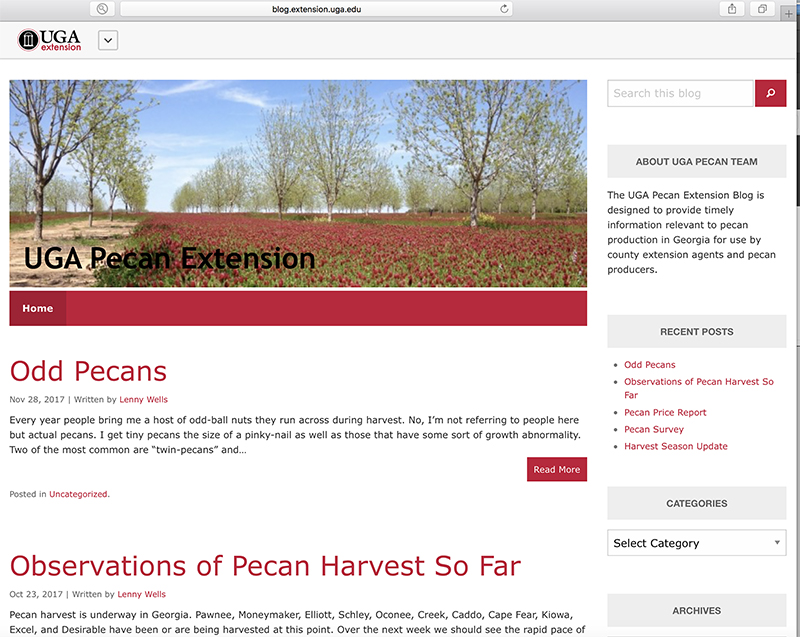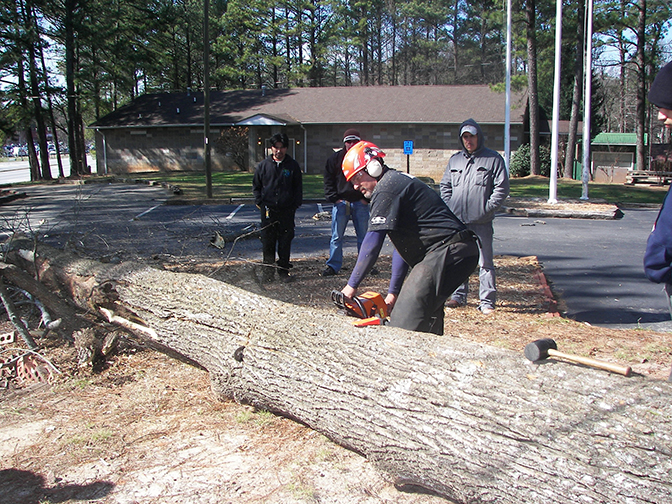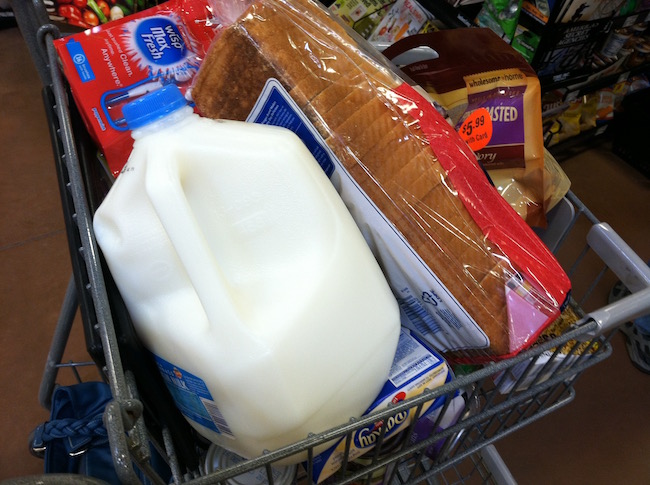 CAES News
CAES News
Emergency Food
As Hurricane Dorian heads toward the continental U.S., Georgians are reminded of the arrival of a season that isn’t celebrated – hurricane season. Georgians typically flock to the grocery stores and stock up on bread, milk and bottled water. University of Georgia Cooperative Extension offers a broader list of items to have on hand no matter what emergency threatens to arrive.

